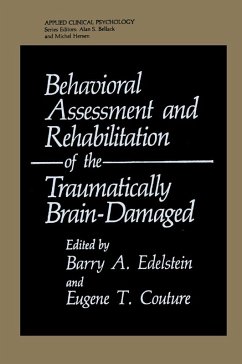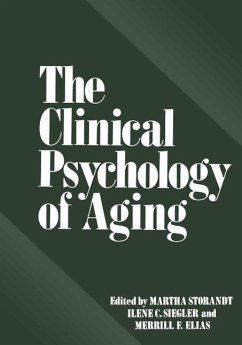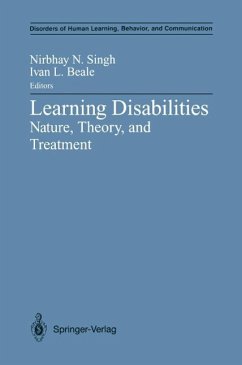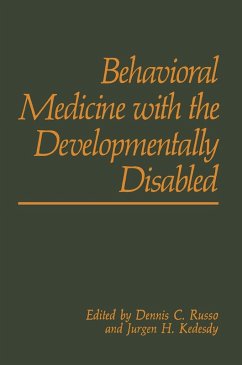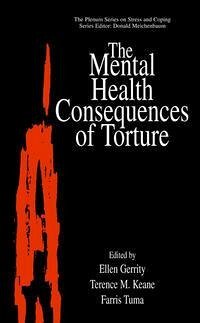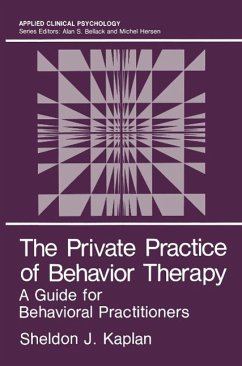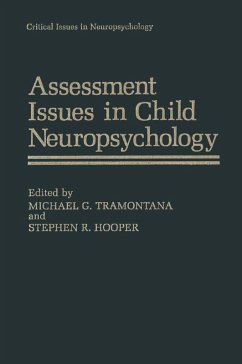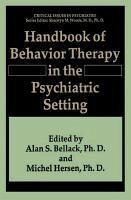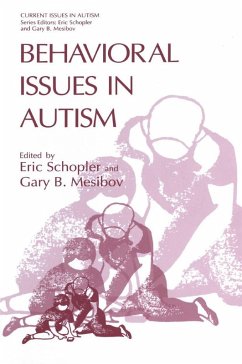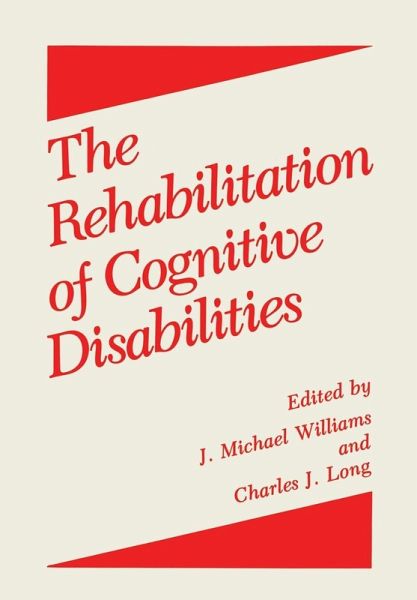
The Rehabilitation of Cognitive Disabilities (eBook, PDF)
Versandkostenfrei!
Sofort per Download lieferbar
40,95 €
inkl. MwSt.
Weitere Ausgaben:

PAYBACK Punkte
20 °P sammeln!
The rehabilitation of intellectual impairment resulting from brain injury has become a major professional activity of clinical neuropsychologists. In recent years, neuropsychology has developed from a professional role stressing assessment and diagnosis to one that now includes treatment and rehabilitation activities. Such trends are also manifested in two new research interests of neuropsychologists: the study of the generalizability of neuropsychological test findings to everyday abilities, often referred to as the "ecological validity" of tests, and outcome studies of cognitive retraining t...
The rehabilitation of intellectual impairment resulting from brain injury has become a major professional activity of clinical neuropsychologists. In recent years, neuropsychology has developed from a professional role stressing assessment and diagnosis to one that now includes treatment and rehabilitation activities. Such trends are also manifested in two new research interests of neuropsychologists: the study of the generalizability of neuropsychological test findings to everyday abilities, often referred to as the "ecological validity" of tests, and outcome studies of cognitive retraining treatments. Discovering the relationships between traditional neuropsychological tests and everyday behavior is important because the referral questions posed to neuropsychologists have changed. Now, the neuropsychologist is asked to comment on the patient's functional intellectual abilities as they relate to the everyday demands of home, work and educational settings. Of course, the development of cognitive retraining theory and procedures allows neuropsychologists to intervene in the treatment of the cognitive problems that the neuropsychological evaluation has documented. Since these approaches are still in their formative stages, they have been the subject of clinical lore, great controversy and little systematic research. This situation prompted one of our presenters to lament, "Either you believe Cognitive Retraining is divinly inspired, or the work of the devil. " There is apparently little middle ground. Given this state of affairs, the program committee of the Mid-South Conference on Human Neuropsychology decided to focus on the role of neuropsychologists in rehabilitation.
Dieser Download kann aus rechtlichen Gründen nur mit Rechnungsadresse in A, B, BG, CY, CZ, D, DK, EW, E, FIN, F, GR, HR, H, IRL, I, LT, L, LR, M, NL, PL, P, R, S, SLO, SK ausgeliefert werden.



